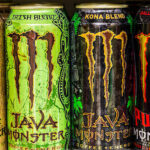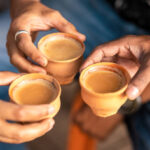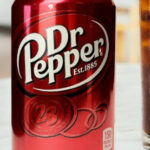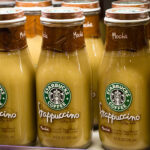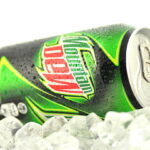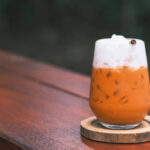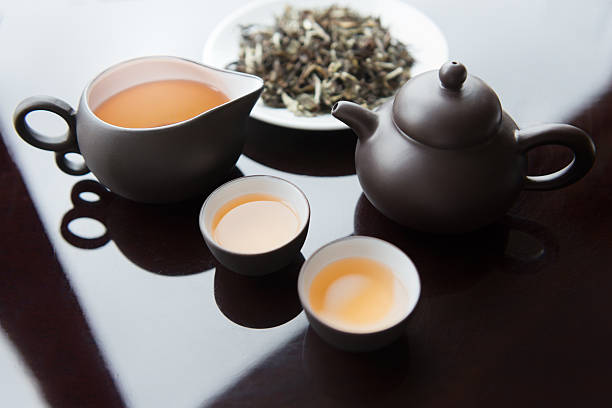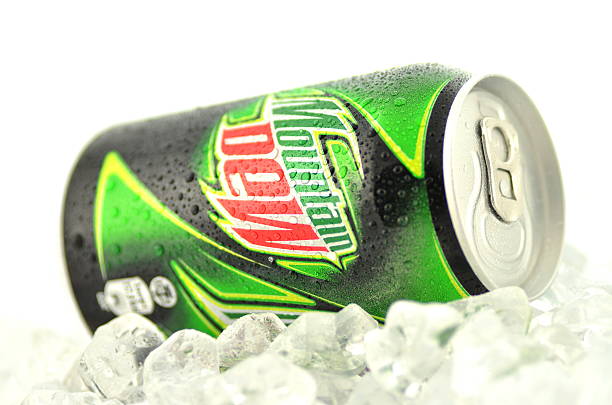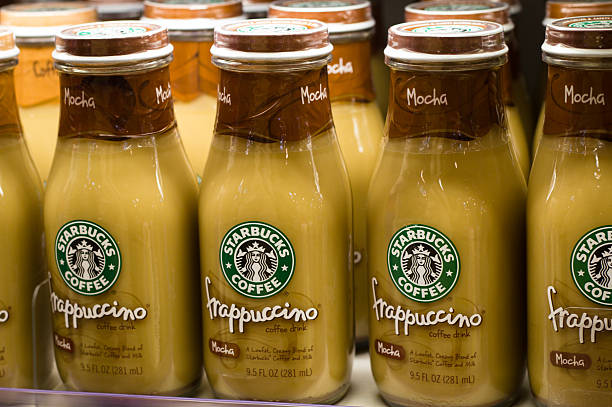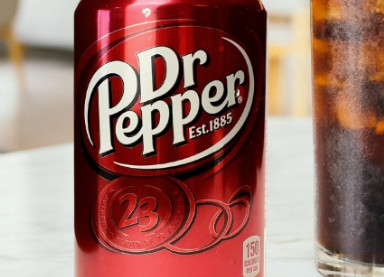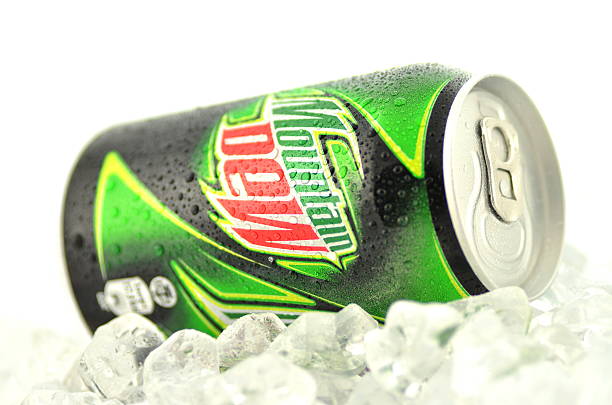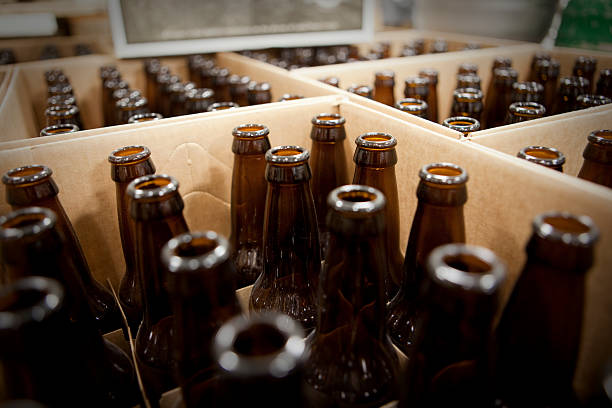Is Champagne Gluten Free? | Learn About All Champagne

Harmony Saunders is the CEO and founder of Bamboo Wok, a family-owned and operated Chinese restaurant that has been serving the Manvel, Rosharon, and Alvin communities for more than nine years. Our delicious dishes are made from scratch with the best ingredients, vegetables are fresh cut daily in our kitchen, and poultry is delivered every two days.
So whether you’re craving Chinese food for the family or need catering for your next event, please give us a try! We know you won’t be disappointed with our fresh, authentic Asian fare.



